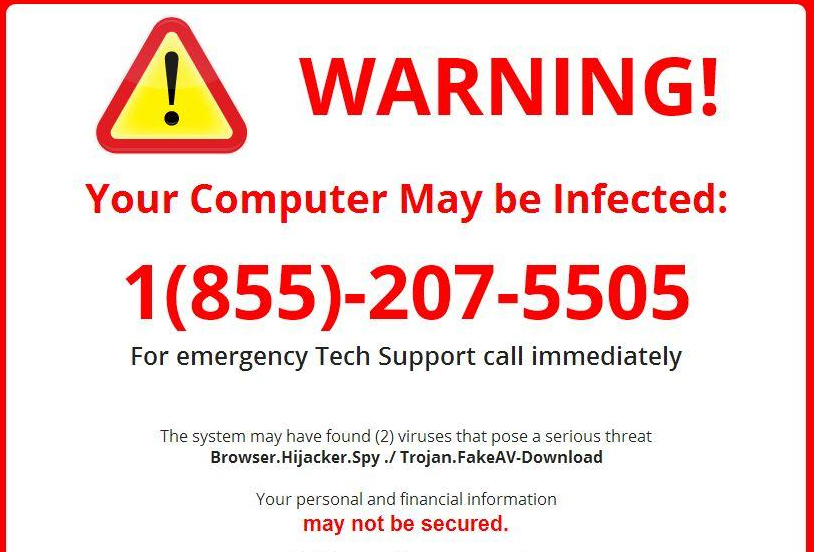Saanich Police are warning area residents of an ongoing computer related scam that is once again making its rounds after several reports of incidents. In the reported cases, the victims have been defrauded anywhere between $250 to $500.
The scam, related to a “pop-up” advertisement, warns the user of the computer that their equipment has been infected with a virus. In some cases, the pop-up will cause the computer to slow down or freeze, allowing the user only to view the pop up warning on the window.


“This is an example of a scareware, where people are led to believe that their computers have been infected” Sgt. Steve Eassie said. “In most cases, the computers have not been infected, or at least not at the point of the original contact. Due to panic, some people start to push buttons or close the pop-up, which can potentially lead to malware being downloaded onto the computer”.
Police are warning that if you see this type of warning, and it is not from an antivirus program that you have installed and are familiar with on your computer, stop and think before doing anything. You may be able to clear the window by using your Task Manager (control+alt+delete) or by turning off the computer with the manual switch.
By calling the number that is listed on the pop-up, the caller will be put in touch with someone that will “help” them through “removal” of the malware. The caller may be instructed to perform certain functions on the computer which may allow others to remotely access the information on the computer itself, such as banking information, passwords, email addresses etc.
During this process, the caller may actually “infect” their own computer by following the directions. Once the caller has done so, the company will then confirm the presence of a virus, and gather credit card information from the caller to charge for removal of the malware.
“In some cases, the caller ends up paying for the removal of malware that was never even on their computer” Eassie said. “Just the thought and scare tactic is enough to have people panic and seek help”.
“If in doubt, take your computer to a reputable local computer shop and ask that they run a virus scan or clean your computer of any malware” Eassie said.
If you have fallen victim of this scam, it is important to ensure that your personal information is not at risk. Unplugging the computer from the internet will prevent remote access.
Incidents can be reported to the Canadian Anti-Fraud Center at 1-888-495-8501 or at the following link:
https://www.services.rcmp-grc.gc.ca/?ipeReferer=CAFCFRS
File 2015-24968
Sgt. Steve Eassie #158

